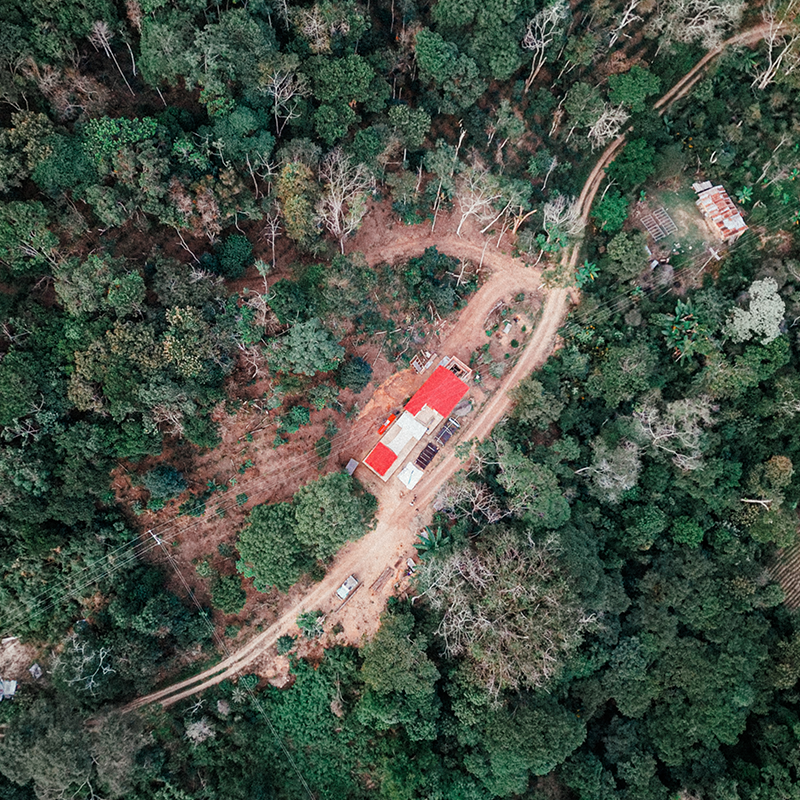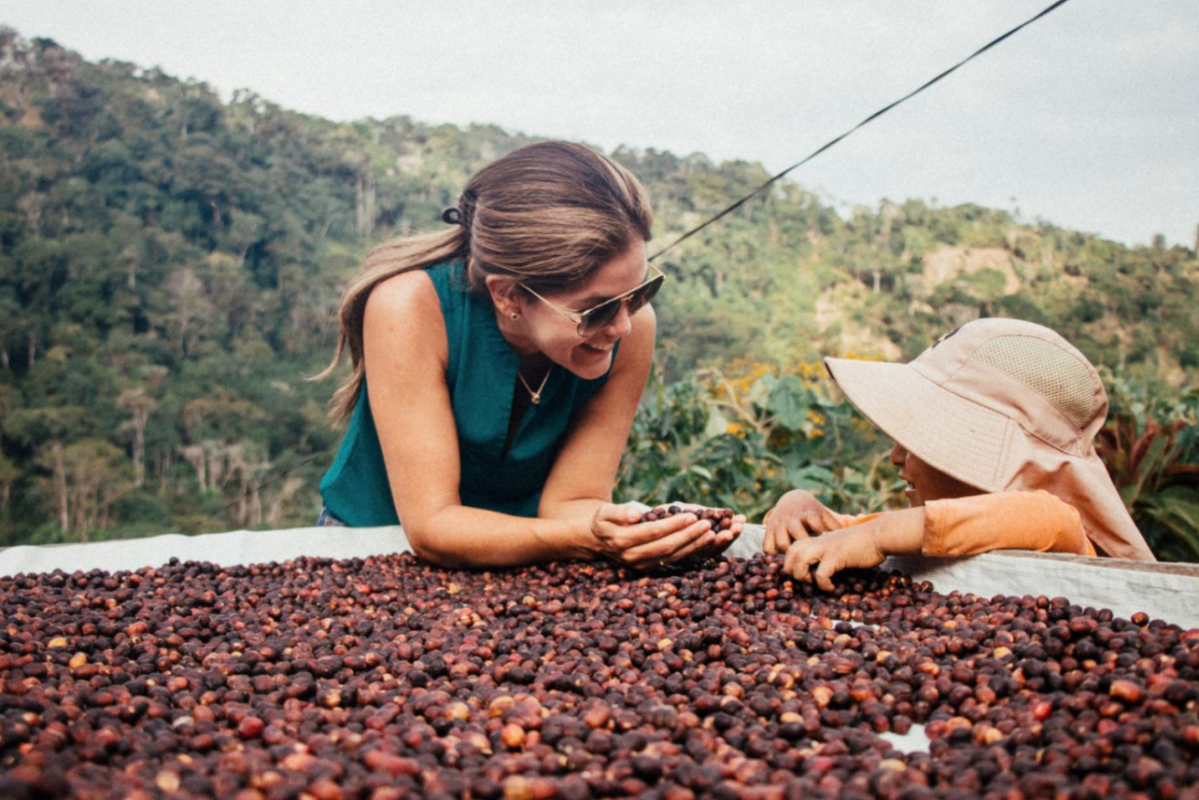Bolivia: Geographical Diversity and the Growth of Speciality Coffee

Bolivia is a member country of the Andean Community, located in the central-western region of South America. It’s territory, which encompasses the Central Andes, part of the Chaco and the vast Amazon, presents a unique geographical diversity. This variety of landscapes and climates has been fundamental for the development of agricultural activities in the country, including the production of specialty coffee, which has gained international recognition in recent years.
The Bolivian territory is divided into three main geographical regions, each with particular climatic and agricultural characteristics:
1. Altiplano: This area, which covers the highest part of the Andes, has some of the highest peaks in the Americas. The climate is cold and dry.
2. Valleys and Yungas: In this sub-Andean region, the climate is temperate and humid, ideal conditions for diversified agriculture. The Yungas, in particular, have become the heart of specialty coffee production in Bolivia, thanks to their altitude (between 1,200 and 2,000 metres above sea level) and humidity, which allow the beans to ripen slowly and contribute to the complexity of the flavour profiles.
3. Plains and Amazon: This region covers 59% of the national territory and extends from the plains of the Bolivian Amazon to the Paraguay River. With a tropical and humid climate and average temperatures of 30°C, this area is rich in flora and fauna and is mainly used for the cultivation of tropical fruits and other products. Although it is not a coffee-growing region, its natural diversity is fundamental to the country’s agriculture.

Bolivia has historically depended on the export of raw materials such as natural gas, minerals and precious metals, as well as agricultural products. Agriculture, particularly in the valleys and yungas, has gained importance with crops such as fruit, peanuts and, to some extent, speciality coffee.
Although there is no precise record of the arrival of the first coffee seeds in Bolivia, it is believed that coffee was introduced in the late 18th century by slaves who escaped the harsh conditions in present-day Brazil and brought seeds with them, but it was not until the 1960s that the Bolivian government began to boost coffee production through support programmes for producers, financed by foreign governments. During the 1970s and 1980s, new varieties of coffee entered the country, although the Typica variety, originally from this country, continues to be the most widely cultivated.

Although coffee in Bolivia faces major challenges due to both maritime closure, which limits international trade and raises export and import costs, and low economic development, which impedes access to advanced technologies needed to increase production and improve efficiency, these barriers have affected Bolivia’s ability to compete in the large-scale coffee market, although producers in the Yungas have managed to establish high quality production. These barriers have affected Bolivia’s ability to compete in the large-scale coffee market, although producers in the Yungas have managed to establish high quality production.
Bolivian coffee is considered by many to be exceptional, unique and less well known than its neighbours. This is due to the altitude of the Andes which gives the beans an exceptional set of flavours, while the perfectly adapted tropical climate allows the coffee to thrive. These optimal conditions, together with good farm management and a compensated harvest time, have been determining features for Bolivia to stand out on the international market in recent years.
Bolivia has all the right natural ingredients such as altitude, fertile soil and constant rainy seasons to produce great tasting coffee. As such, the country’s best coffees tend to be very sweet and very clean, but rarely have a particularly fruity taste. Some special varieties, such as Geisha and Java, thrive in the Bolivian soil and climate in a way that they do not elsewhere.

Thanks to international support, Bolivia experienced a renaissance in its coffee production, managing to enter the specialty coffee market with a high quality and organically produced product. This context allowed Bolivia to be one of the first South American countries to organise the international Cup of Excellence event.
With a diverse geography and a growing interest in specialty coffee, Bolivia has the potential to further strengthen its coffee industry in the coming years. Although obstacles remain, the commitment of producers and the effort to improve the quality of Bolivian coffee can consolidate the country as a reference in the global specialty coffee market.

